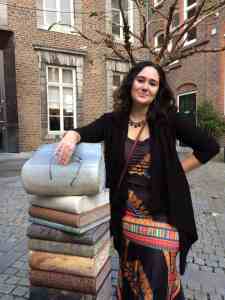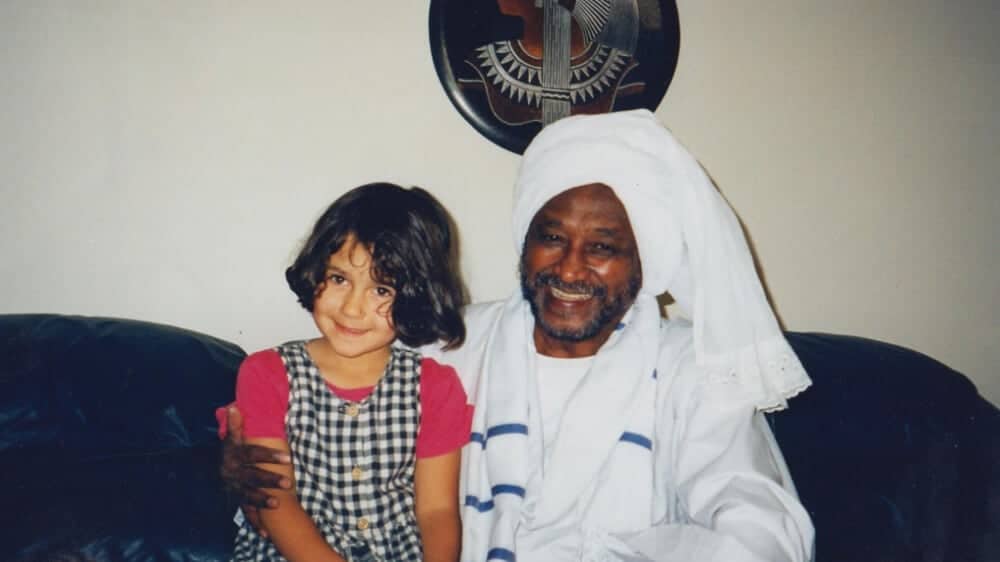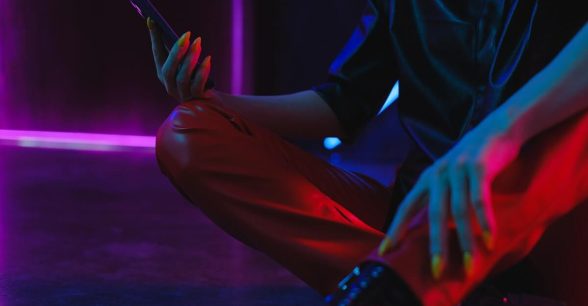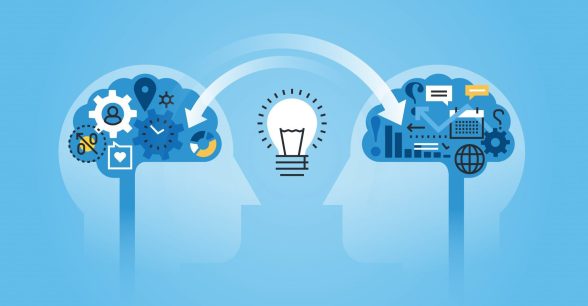As a British Sudanese Autistic Person, I’ve Learned that Cultures Shape How We Perceive Disability
I am mixed British/Sudanese and autistic. That first fact, along with a childhood spent split between the two countries, meant it was only last year I sought an official autism diagnosis. My multicultural background celebrated traits and interests I now can identify as autistic; the UK rejected them.
Spending much of my life in Sudan allowed me to grow into a confident and unapologetic autistic adult, involved in a culture which created room for neuroatypical approaches. I often wonder how different my life would be if my autism was diagnosed when I lived in the UK as a child. Would traits I had that were lauded instead have been pathologised and erased? I suspect, like many parents, mine would have pushed to have their daughter present “normally” to the community around them.
Through the medical model lens of disability, I am considered autistic in the UK because only there do I encounter difficulties and present with deficits. Through the social model lens of disability,I encounter difficulties and present with deficits only in the UK because theirs is a culture set up to exclude me. The latter perspective is played out by the differences in prevalence rates of autism across different countries. Whilst some of this might be due to poorer medical coverage, part of it is cultural structures that can mean conditions are less disabling and therefore do not need specialist intervention.
Within the rigid expectations of Western culture we forget that other parts of the world operate differently. Neurodiverse people can have easier lives existing in other places. Ritualism within some parts of the world can provide a daily structure that is helpful to neuroatypical minds. The classic tell for an autistic person in Western culture of not giving eye contact doesn’t hold the same weight universally. Studies have shown for instance that traits of autism – such as social disinterest – in Japan are viewed positively as expressions of modesty.

In Sudan, much of the time, executive dysfunction is seen as part and parcel of being human. Sudanese culture views timekeeping as unimportant, and lateness is the norm. Unfulfilled expectations are so common they even have their own acronym (“MIB” or “maleesh, inshallah bookra” – “sorry, god willing tomorrow”). My eccentricity was seen as simply another way of being. My quietness and academic nature was being a good Sudanese girl. Intense interests made me an intellectual, not a bore. Sitting in my room with books was hard working and disciplined, not antisocial. Again and again these traits were reinforced as positive signs of great future potential and encouraged by everyone around me.
Things are not perfect for autistic people outside the UK, yet only in the UK have I encountered enough barriers to make an autism diagnosis necessary. Western norms from which our diagnosis framework is developed pathologise autistic and other neuroatypical people as a disordered rather than a divergent. This in turn bleeds into the wider culture, which limits our day-to-day abilities and impedes our sense of self. The flexibility and pride I have to fight for in the UK is given to everyone automatically back home in Sudan.
I’m one of the fortunate ones when it comes to discrimination. Even now, being multicultural in the UK gives others a convenient reason for my non-normative behaviour; they can choose to blame my “foreignness” without having to dismantle their assumptions about what is considered appropriate. Yet even with that it can be a struggle existing in this culture.
I say all this because when fighting for social change for disabled people we should also recognise that sometimes these struggles are not universal, but culturally created. Cultures differ and these differences shape what we view as disability and how we accommodate individual needs. Culture is a huge key not only to diagnosis rates but also is powerfully linked to the ability to thrive and express our authentic neurodivergent selves.
Reclaiming, sharing, and using knowledge from other communities is vital for us as a neurodiversity movement (and as part of the wider disability rights movement too). Diversity and multiculturalism are intricately tied up with our own fight. One day I hope that our world will have the flexibility to learn from other places, creating a system accommodating to all.
About Rooted In Rights
Rooted in Rights exists to amplify the perspectives of the disability community. Blog posts and storyteller videos that we publish and content we re-share on social media do not necessarily reflect the opinions or values of Rooted in Rights nor indicate an endorsement of a program or service by Rooted in Rights. We respect and aim to reflect the diversity of opinions and experiences of the disability community. Rooted in Rights seeks to highlight discussions, not direct them. Learn more about Rooted In Rights




Brilliant article Rushaa. It is so good to hear your thoughts.